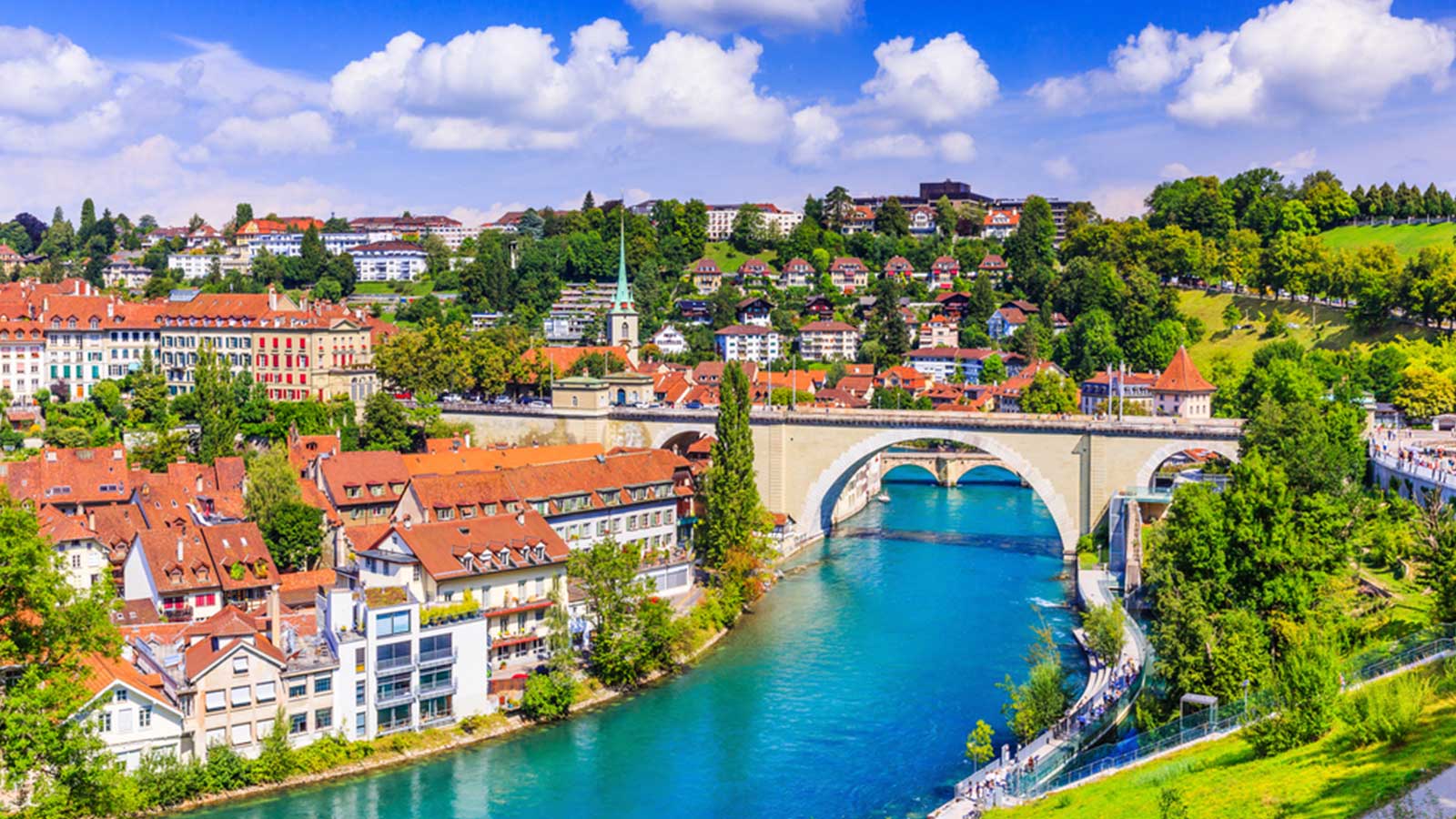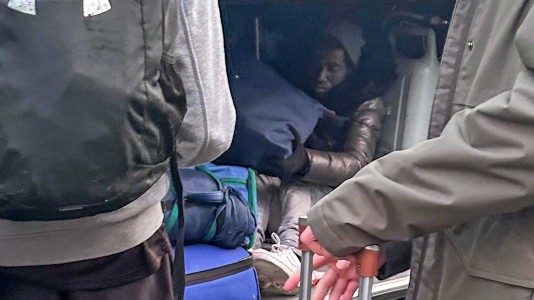The Swiss capital of Bern has declared itself a “safe harbor” for asylum seekers and indicated its readiness to accept more migrants than currently allocated by the federal government.
Local councilors adopted the “safe harbor” declaration initiated by the far-left Seebrücke organization, which seeks to pressure national governments into receiving even greater numbers of migrants heading to Europe by sea.
The city’s executive council — dominated by Greens and Social Democrats — has called for local governments across Switzerland to have a greater say in the number of migrants they can receive, claiming the municipality is capable of taking in larger numbers of those rescued at sea and insisting it has a moral duty to do so.
“The city of Bern’s safe harbor declaration is more than just symbolic politics — it is another consistent step in the city’s commitment to a humane and active asylum and refugee policy,” local councilor Franziska Teuscher, who is responsible for education, social welfare, and sport, said in a press release issued by the city council on Monday.
“The local council is concerned about the great need and the unsustainable conditions in refugee centers in the Mediterranean, about the high number of people who lose their lives crossing the Mediterranean every year,” she added, criticizing what she described as Europe’s refugee policy of “deterrence and isolation.”
In addition to the declaration, the city council also announced its intention to directly fund NGOs transporting migrants from the Mediterranean to Europe, left-wing groups that do so primarily via Italy.
The Sea Eye organization, which has been at loggerheads with Italian Prime Minister Giorgia Meloni’s administration since she took office, is set to receive 70,000 Swiss francs this year from Bern taxpayers to fund its exploits in the Mediterranean.
“A humane and active asylum and refugee policy is a major concern for both the local council and the city council of the city of Bern,” the statement added.
Claiming asylum in Switzerland is notoriously more difficult than many of its EU neighbors and just over 30,000 asylum applications were processed by the country last year, excluding Ukrainian refugees.
Refugee status will only be granted to applicants who can show there is a “direct, serious, and specific threat” to their life or physical integrity, and originating from a country in conflict is not sufficient in itself.
As a landlocked nation and a signatory to the Dublin Agreement, Switzerland can also rely on the provisions set out in the accord to return asylum seekers to the first safe European nation in which they arrived.






